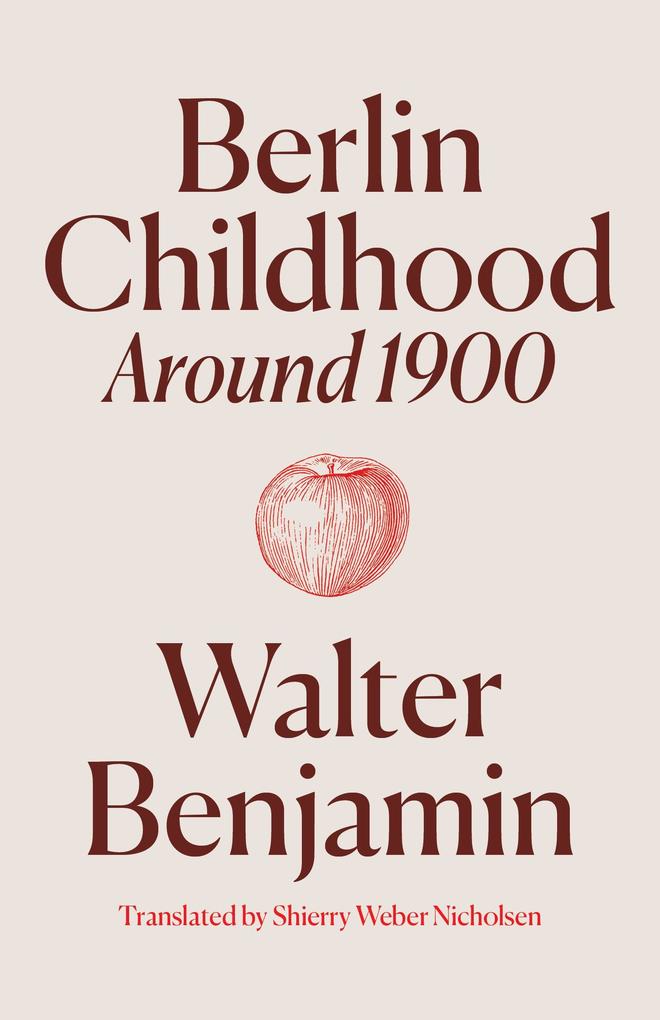WALTER BENJAMIN (1892-1940) was a German-Jewish philosopher, cultural critic and essayist associated with the Frankfurt School of Critical Theory. Among his best-known works are 'The Work of Art in the Age of Mechanical Reproduction', 'Theses on the Philosophy of History' and essays on Kafka, Proust, Baudelaire and the storyteller. His masterwork, the Arcades Project, which intended to present a cultural theory of modernity through a study of nineteenth-century Paris, remained unfin ished at his death.
SHIERRY WEBER NICHOLSEN is a psychoanalyst practicing in Seattle. She has translated several of Theodor W. Adorno's works, including Notes to Literature, and is the author of Exact Imagination, Late Work: On Adorno's Aesthetics.
ANTONIA HOFST TTER works on early critical theory and aesthetics. She has published widely on the thought of Theodor W. Adorno and is one of the editors of the Journal of Adorno Studies.












